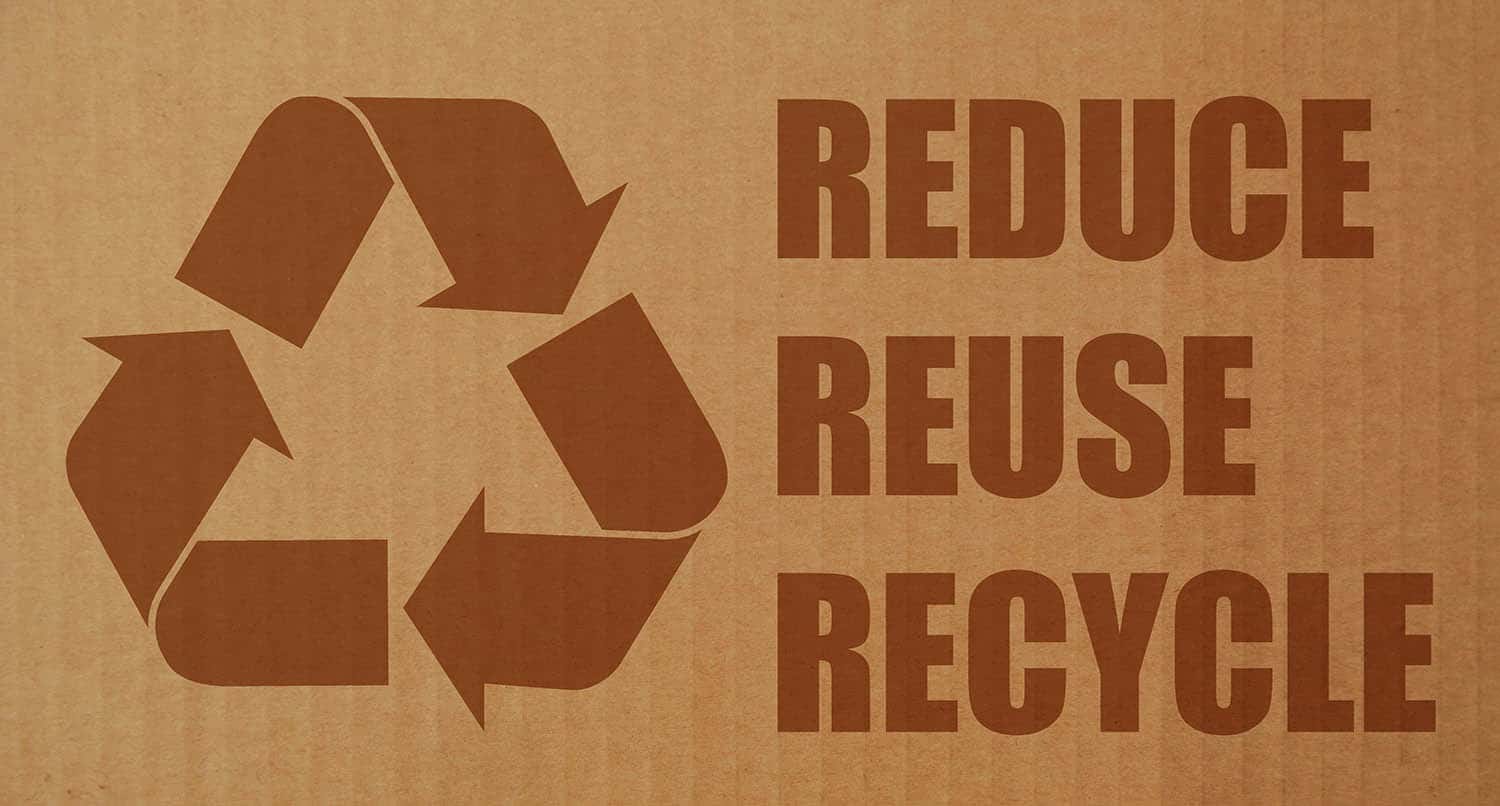New packaging models impact the cost of operations as it increases by about 20-25% depending upon the segment
Single-use consumer habits continue to pose a threat to the environment — particularly in the context of plastic packaging. According to the World Economic Forum, only 14% of plastic packaging is collected for recycling globally. Moreover, by 2050 the carbon footprint of plastics is expected to triple in size. Recognising this, companies are making a move towards sustainable packaging solutions. For instance, by 2030, L’Oréal Paris aims to reduce its carbon footprint by 50%. This includes using more recycled content in packaging, with the objective of reaching 100% recycled or biobased plastic by 2030. PepsiCo India, as part of its sustainability agenda, aims to design packaging that is 100% recyclable, compostable or biodegradable. It plans to reduce the use of virgin plastic by 35% across its beverage portfolio by the year 2025. “The way a package is designed – its shape, weight – determines how efficiently it can be distributed across long distances. The lighter the package, and the more packages that can be transported together, the lower the carbon impact,” Jaideep Gokhale, vice president – sustainability, Asia Pacific, sustainability director – South Asia, Tetra Pak, told BrandWagon Online.
Indian consumers are also on the lookout for brands that have social and environmental purposes. For instance, 77% consumers are willing to invest time and money supporting companies that do good for the environment, a report by Kantar revealed. Moreover, 66% consumers said that they have stopped buying products or services that have a negative impact on the environment and society.
Recently, meat brand Nandu’s launched eco-friendly packaging for all its home delivery orders. The new packaging consists of a primary packaging which is made of non-plastic virgin food grade material that is fully recyclable. Similarly, the secondary packaging is made of a blend of recycled and virgin paper material that is fully recyclable. The company claims that the move has increased the cost of packaging by around 10%. “Packaging today, in our category, accounts for about one-tenth of the cost. This move is going to be a game changer in smart sustainable solutions that cater to the needs of consumers as well as the planet. Nandu’s goal now is to make 100% of our packaging plastic-free by 2023,” Narendra Pasuparthy, CEO and co-founder, Nandu’s stated. Nivea introduced its latest skincare innovation – ‘Nivea Naturally Good’ wherein each product in the range comes in eco-friendly packaging. The shower gels come in a bottle made up of 97% recycled plastic, the deodorant range comes in glass bottles that eliminate the use of aluminium and the body lotion bottles are made with 50% less plastic that also allows the bottle to be squeezed and rolled up until the last drop to avoid any wastage.
According to industry experts, for most consumer companies, the packaging cost stands between 8-12% of the cost of goods sold (COGS). For luxury brands, the cost of packaging ranges between 8-15%. The sustainable models have a cost implication with it going up by about 20-25% depending upon the segment, Sanjesh Thakur, partner, Deloitte India, said. “In addition to cost, moving away from traditional packaging has many implications within the supply chain and logistics management with factors such as transportation, temperature, among others, playing a key role in the decision making process of companies,” he added further.
However, given that both millennials and Gen-Zs are looking for sustainable products, most companies are willing to shell out the extra dollars to create a strong brand image. While big brands currently lead the pack, other companies are slowly changing their brand narrative and building it around sustainability. “Sustainability as a theme is very central to brand building. Globally, the most sustainable companies are also the most valued companies. It is the need of the hour for brands to communicate and engage with their consumers around their sustainable practices,” Thakur elaborated.
Packaging 360 is a comprehensive knowledge sharing ecosystem for the Indian packaging industry. Our services include an online content platform to deliver news, insights and case studies; organising conferences seminars and customised training; Providing Bespoke Project Consulting, Market Research and Intelligence.







